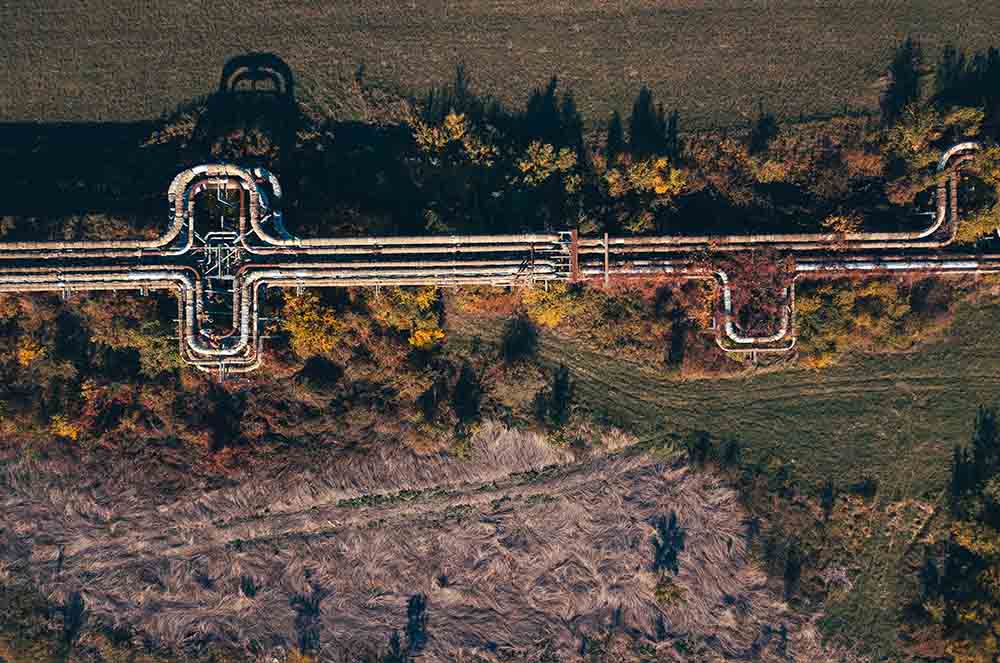Recently, the Alberta Premier opportunistically and sarcastically suggested to the government of Quebec that if they had, or would, allow pipelines to be built in the latter province, their current propane shortage, caused by the ongoing CN Rail strike, would not be a possibility in the future. The shortage of propane is endangering the crop harvest of Quebec farmers, and users of propane heating in old age residences, hospitals and mobile homes.
While some critics have noted that pipelines do not usually carry propane, they are not entirely correct. Some pipelines actually do carry Natural Gas Liquids (NGLs), which contain propane, butane, pentane and other components, although rarely exclusively. Smaller pipelines do carry a lot of NGLs from areas which abundantly produce ‘wet’ natural gas; i.e., natural gas with a lot of associated NGLs, and even oil.
This wet gas can be produced by so-called conventional oil and gas drilling in North America and elsewhere, but most growth in recent years is from horizontal or directional drilling and hydraulic fracturing, commonly given the umbrella term for the whole array of industrial processes: fracking.
Quebec is believed to host over 155 trillion cubic feet of natural gas locked in shale formations, of which about one fifth could be recoverable, according to a story in the Globe and Mail from 2014.
One estimate by the Canadian Energy Research Institute in 2016 speculated that production could reach one billion cubic feet per day, and thus satisfy much of the province’s gas demand. There would be significant amounts of NGLs associated with such gas, including propane.
The province initiated a moratorium on new fracking efforts and has not issued any new guidelines that would, in practice, allow oil and gas companies to resume exploration, which is now declining. Instead, Quebec imports natural gas from western Canada and from the United States, most of which is now produced by fracking, particularly the American gas. This gas arrives via pipelines. Quebec’s oil refineries now mostly use Western Canadian diluted bitumen, supplied via pipeline.
Quebec’s premier, François Legault, has said that there is no “appetite” in Quebec for another oil pipeline. He has also stated, though, that he is receptive to more gas pipelines. There seems to be little chance of assuring Quebec a secure, uninterruptible supply of propane, a constituent of NGLs, but rarely transported by itself, unless one or more of these possibilities occur: a new pipeline for liquids, sometimes oil, sometimes NGLs; fracking of NGL-rich natural gas is allowed to flower as it has in Alberta and Pennsylvania; NGL extraction facilities at refineries or elsewhere in Quebec are built. The latter possibility is contingent on feedstock of unprocessed gas from somewhere: Quebec, Western Canada, or the United States.
Quebec’s restrictive policies on pipelines, fracking, and anything that introduces the slightest amount of risk to the environment – which is anything and everything that human beings and companies do related to technological or industrial methods or development – is greatly reducing its choices. It is also limiting what can and will be possible to supply propane, as harvests deteriorate and buildings get colder.
Fracking has not been shown to be environmentally harmful and has created the abundance of cheap natural gas now called the Shale Revolution. Pipelines are not perfect, but transport vast quantities of oil and natural gas liquids – including – yes! – propane, with few serious accidents. Quebec should not let the perfect be the enemy of the very good: a broader perspective will allow free enterprise to find a solution to the propane supply vulnerability issue; edicts from governments rarely do so.



